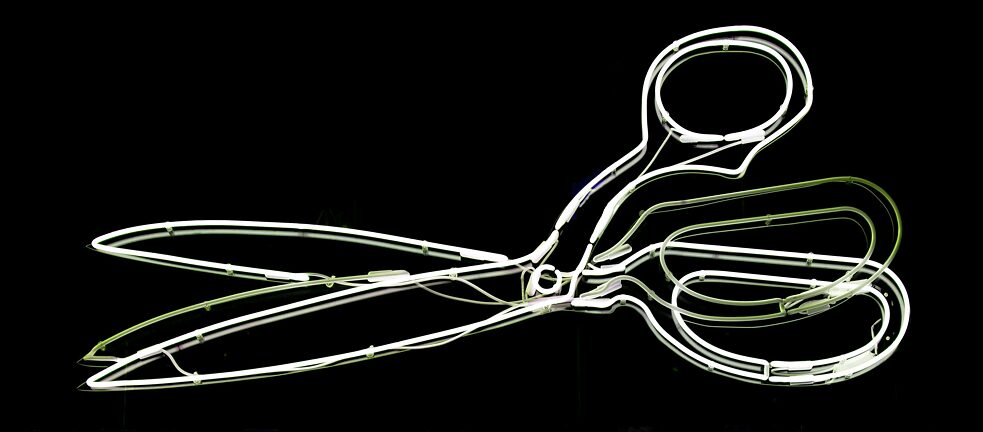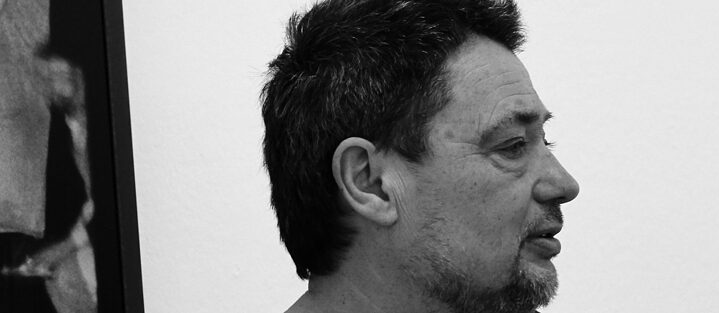Bloggers
JUTTA BRENDEMUHLJutta is a curator and writer with a global lens.The trained book editor has a master’s in political poetry and specializes in film and media arts. Jutta programs for EUFFTO, Toronto Arab Film Festival, and the Goethe-Institut Toronto. |
|
Daniel ChaffeyAs the Goethe-Institut Los Angeles’ Program Coordinator and the Festival Coordinator for the German Currents Film Festival, Daniel is either watching a German film, or talking about why you should be. |
|
Raleigh JoynerRaleigh is the Cultural Programming Coordinator at the Goethe-Institut Washington. In most of his projects, he enjoys engaging with film, literature, television, and radio. |
|
Annette KleinAnnette, program curator at the Goethe-Institut Boston, grew up German in America, with solid classical music training and homemade Brot. Her fascination with experimental music/art sprouted while living and performing in the vibrant Berlin of the ’90s. |
|
Lena KuhntWe live in a new era defined by heightened awareness of physicality and space. What does this mean for the theatre? Lena of the Goethe-Institut in DC reflects on the status quo and its impact on Germany’s performing arts scene. |
|
Pari LudinPari is a German-born Canadian of Afghan descent and works at the Goethe-Insitut Toronto. Through her blog, she takes a look at hidden music gems from Germany you may not know about – but should! |
|
Karin OehlenschlägerWriting from one of America’s most European cities, Goethe Boston program curator Karin focuses on the transatlantic relationship. As a former reporter for RIAS TV (Radio in the American Sector), Karin witnessed the Fall of the Wall in Berlin and can’t believe it’s been 30 years. |
|
Julia PatakyAs the program coordinator at Goethe Pop Up Kansas City and a lifelong Wiener Schnitzel connoisseur from Vienna, Austria, Julia explores what the German culinary scene in the Midwest has to offer. |
|
Bettina WodiankaBettina curates the cultural program at the Goethe-Institut San Francisco. She is passionate about artistic interventions that playfully reflect the relationship between content and form. |
|















































